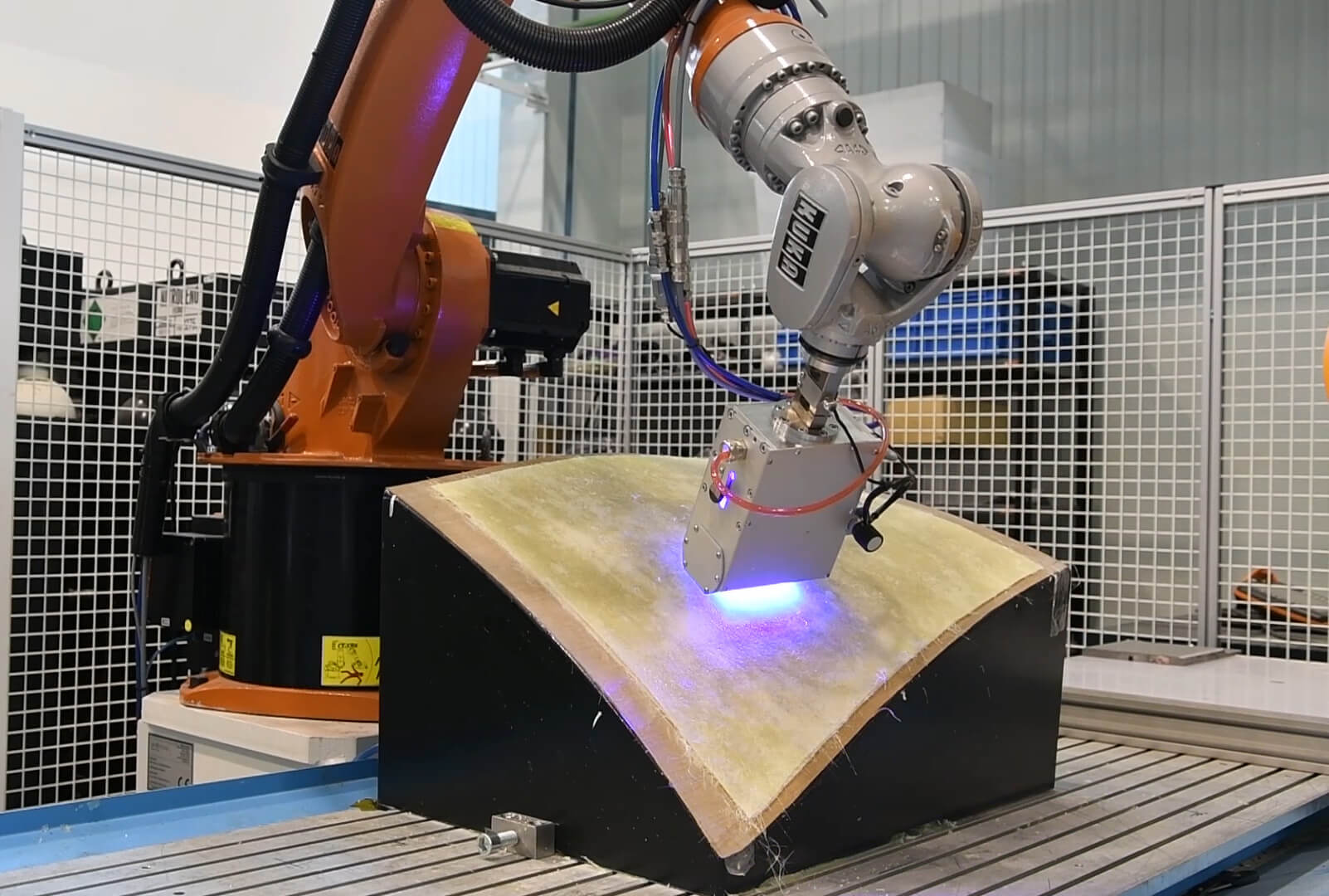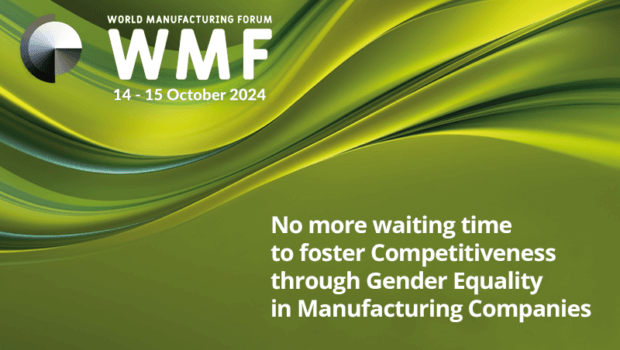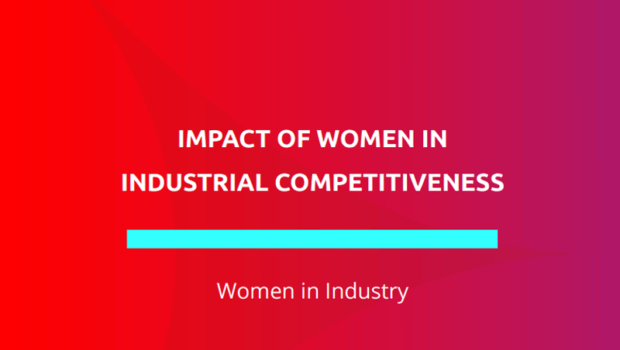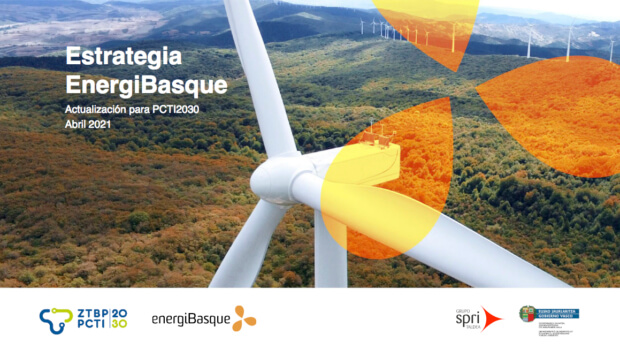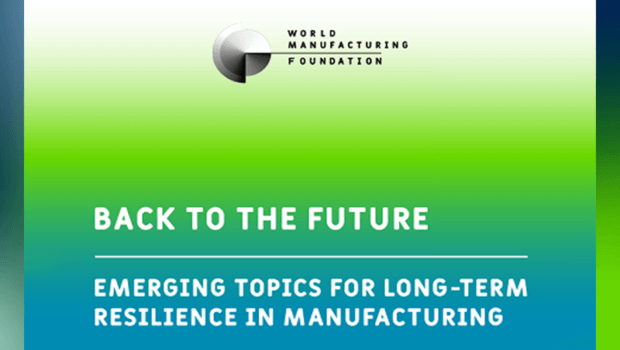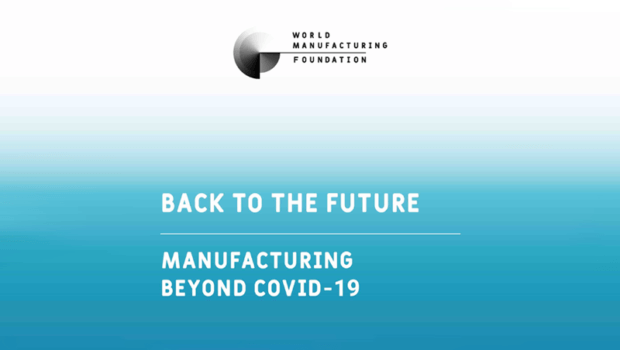Materials 4.0: integrate composites into your design and manufacturing processes and drive the added value for your products
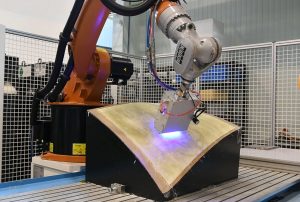
The SPRI Group, together with the BDIH and its Advanced Materials Node, describes in this article the technologies, solutions and services available for Basque companies to tackle the challenge inherent in replacing metal parts in their products with others made of composite or composite materials.
Composites, as a term, has become familiar to many through the role they have played in supporting aeronautical innovation, replacing aluminium alloys and underpinning the performance of next generation aircraft such as the Airbus A350 or the Boeing Dreamliner.
These materials, which provide next level performance with less weight, maintenance and cost compared to metal components, are flexible and can be applied in a variety of contexts, not just in the sky. As a combination of a reinforcement material, usually short or long (woven) fibres of glass, carbon or aramid, and a matrix (polyester, polystyrene, etc.), the characteristics of the composites can be finely tuned to contribute to the performance of the components and pieces in current and new environments.
Of course, replacing metal parts with such composites requires the adoption of automated solutions for processing these types of material on the assembly lines. It is precisely where working with the advanced materials node of the BDIH will provide the most value; the opportunity to see and understand the application and use cases of substitution with composites in other companies and solution providers.
For example, if your company works in developing structural parts for the aeronautical sector, you may be interested in the use of polymeric composites and learn about the processes applied by the automotive sector in order to apply them. LEARTIKER has a unit for the manufacture and characterisation of light composites in which it is possible to carry out studies in pilot production lines of composite materials using short fiber, either as prototypes or small-scale samples, responsive to the needs of sector.
On the other hand, if you are interested in producing prototype moulds for composites by means of 3D printing, at TKNIKA you will be introduced to technologies and practical examples of moulds and processes.
TKNIKA’s laboratory for manufacturing processes and simulation of composites allows you to work with manufacturing processes of materials like fiber glass, carbon fiber and aramid. The services it offers are the design and manufacture of prototype moulds for subsequent use in the manufacture of composite parts, manufactured by means of 3D printing, the fine-tuning and manufacture of prototype composite parts by means of infusion and RTM (Resin Transfer Moulding), and the simulation of the manufacturing process and/or the structural properties of composite parts, depending on the type and orientation of the reinforcements.
Your company may have heard about the value of new automated composite manufacturing processes based on the highly productive lamination and ultraviolet (UV) curing process. At IDEKO, we are able to provide a research cell for manufacturing UV-curing composites and for the characterisation of the thickness, porosity and fibre content based on the finished part. It also offers the complete manufacture of the composite part using the new process, and monitoring the degree of curing by knowing the liquid moulding process.
At GAIKER, companies can receive a complementary service from their Plastic and Composite Materials Manufacturing Unit. The unit can supply services such as the development of thermosetting and thermoplastic polymeric composites and functional compounds, development, application and characterisation of decorative and functional paints and coatings for polymeric products, applications. It can also perform the study on the substitution of traditional materials by polymer composites, taking into account the specifications of the company’s transformation processes and those of the product. This includes the evaluation of sustainability and recyclability of polymer composite materials or the integration of sensors and monitoring of materials and manufacturing processes of plastics and composites.
TECNALIA offers the Basque industry its highly productive composite manufacturing laboratory, with advanced technologies for the different stages of manufacturing composite components: cutting, stacking and wrapping, 3D preforming, rapid and efficient heating of tools, 4.0 processes and automatization solutions, and with customised services for each of these stages, including design, training and process simulation.
In short, all of these assets are waiting to be visited and used to contrast with the technical equipment and individual needs of each company, with the security of working with experts and the latest generation of equipment.
If you are interested in finding out more about what the BDIH’s advanced materials node offers, follow this series of articles on Materials 4.0 where we tell you in detail what the node’s capacities, assets and services are in a practical and close way.
And contact the BDIH to find out how we can bring your company closer to the solutions that interest you most.
